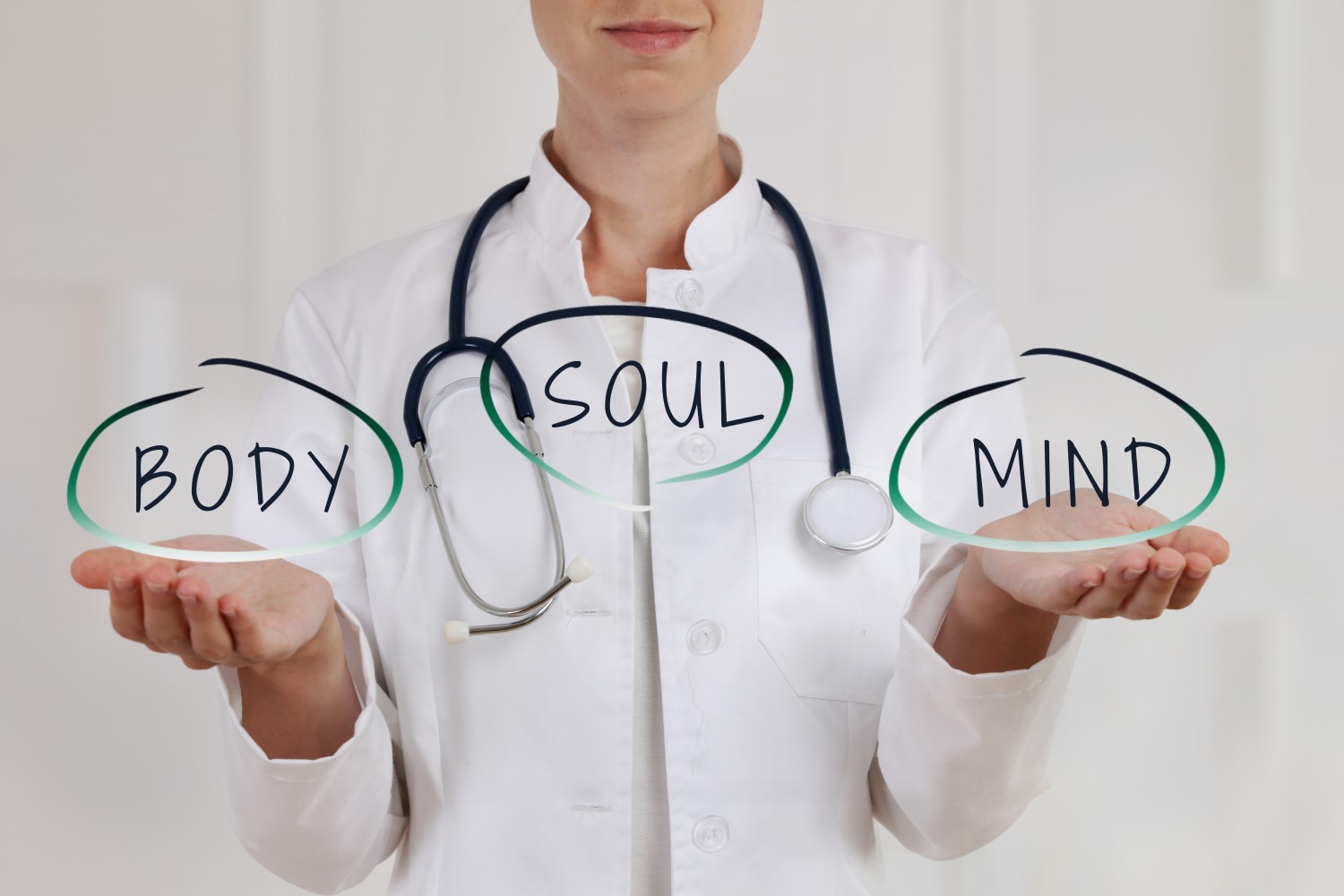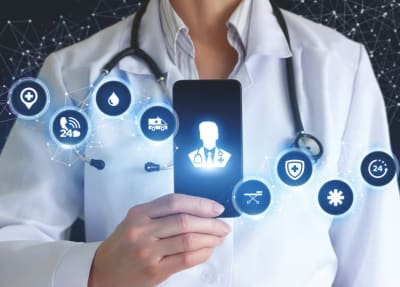
Technology experts will often talk about the benefits of mobility in healthcare, but to understand why mobility matters and how it might improve both workflow and clinical benefits for patients, it’s vital to get a user’s perspective.
As a clinician, my view of mobility is influenced by my own experiences in different medical settings. Clinicians — by which I mean doctors, nurses and other allied health professionals — work across multiple hospital wards, often across several hospitals or medical facilities, with multiple parties involved in the care of the patient. For example, a cardiologist might review a patient in the hospital’s outpatient department, in the emergency department or in the cardiology ward. As a result, the cardiologist may need access to medical records across various locations, which potentially could be sourced from multiple systems of record.
The key is being able to access those records in real-time and on the go. If clinicians are required to interrupt a patient evaluation to access information from a file or computer, valuable time can be lost, affecting the care of the patient. If clinicians can access the right information at the right time and in the right place — at the patient’s bedside, on the go, or in various locations — they are better equipped to make informed and accurate clinical decisions, enabling them to spend more time with the patient and ultimately improving patient care.

Furthermore, clinicians don’t work in isolation. Mobile access to clinical data and the ability to share information with other health professionals — for example accessing blood results from pathology or rehabilitation progress notes from a physiotherapist — give everyone involved in the patient’s care the right information as and when needed. These also ensure that clinicians make good use of their time. For example, if a doctor can see that the patient is scheduled for an X-ray at 11:45 a.m., he or she knows a midday appointment is not feasible.
Taking a holistic approach to Healthcare

We also need to realize that healthcare doesn’t happen in isolation from the rest of our lives. Most people now access information through their mobile devices. It makes sense, therefore, that clinicians would want to access clinical data in the same way.
And patients are also more connected in every way. They expect to be included in decisions driving their own healthcare. They want to understand their diagnosis and what it means. If the clinician can access the patient’s data on a mobile device, it’s much easier to have an informative bedside discussion with the patient. For example, the clinician can pull up the patient’s X-ray or blood test results on a mobile device and show the patient areas of concern or trends in the results.
The clinician might want to go further and share information about a procedure — for example, videos of a procedure or hyperlinks to information that might be helpful to the patient. Or the clinician and patient can watch the video together on the mobile device, giving the patient an opportunity to ask questions and be properly informed.
A truly mobile, integrated solution will also be able to aggregate information from multiple sources — the patient’s medical record, pharmacy record, nurses’ notes — and have it all in one place.

In an age where data security, patient privacy, and accountability are under the microscope, mobility gives healthcare systems the ability to track information. The system will show that a certain clinician has seen the results. It’s possible to also require that clinician acknowledge receipt of the information as he or she receives it.
There’s no doubt that challenges exist — technical, logistical, user-specific, and more — but the benefits are worth the pursuit of a solution. Healthcare organizations have the information required to ensure quality patient care, increase patient satisfaction and reduce the rate of mortality and morbidity. But, they want to be able to get that information about their patients in real-time and on the go. Ultimately, clinicians want mobility. After all, it’s how most people — clinicians included — interact with the world in their daily lives. Why should healthcare be any different?


